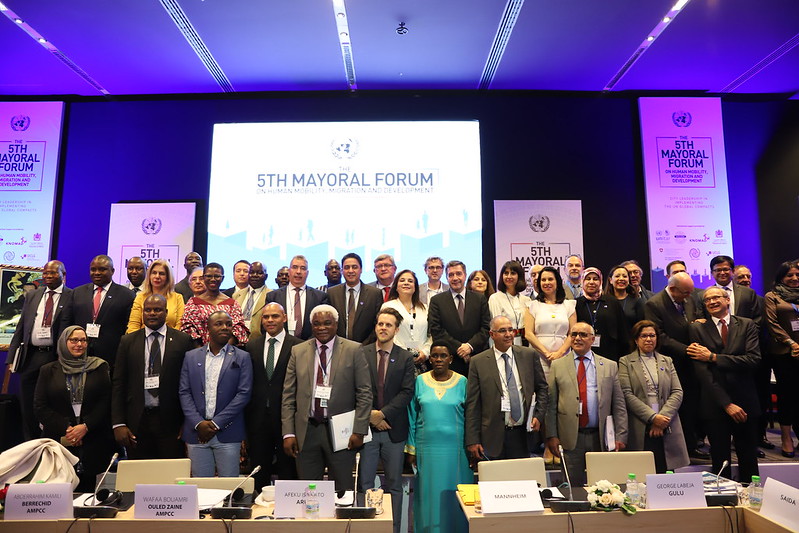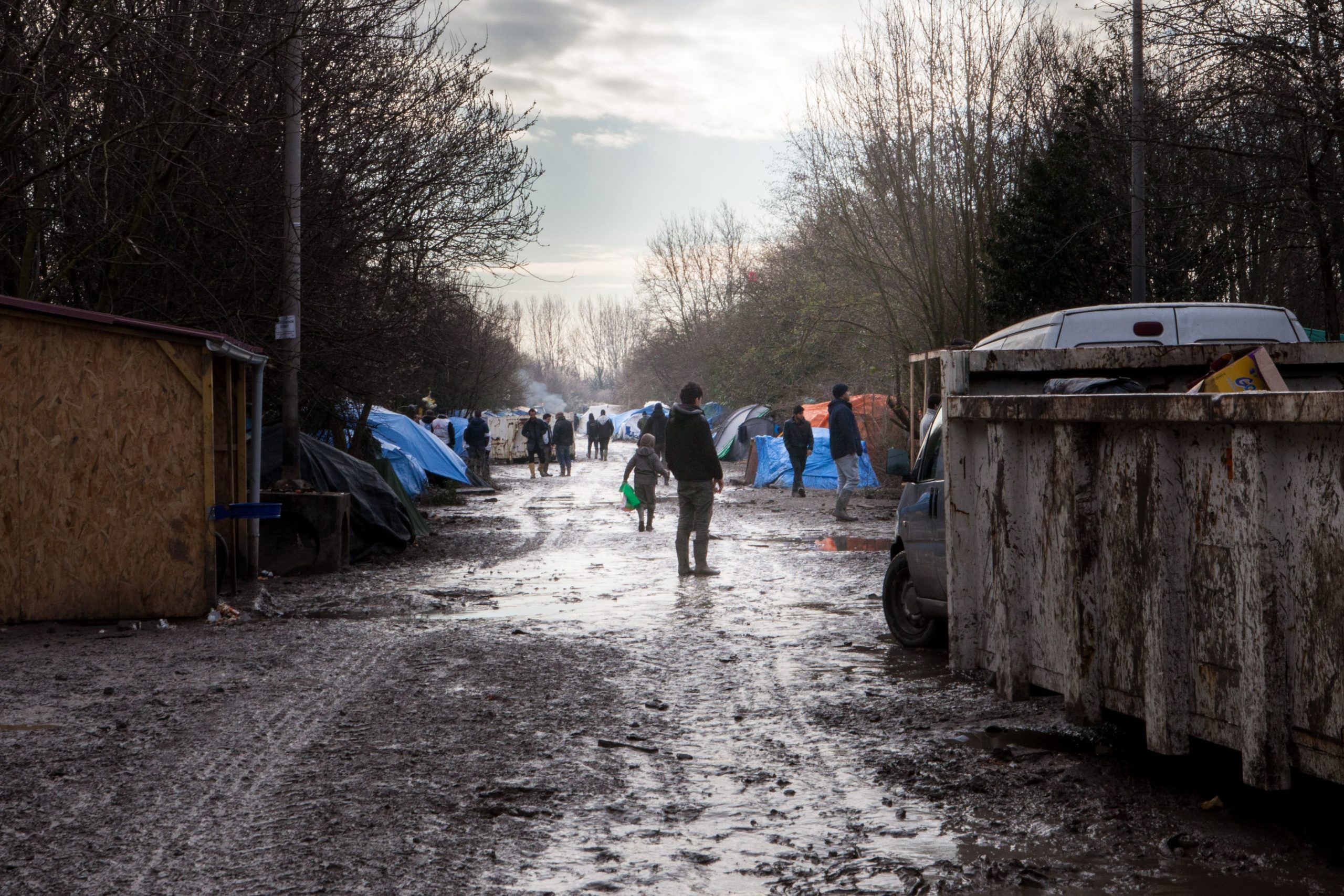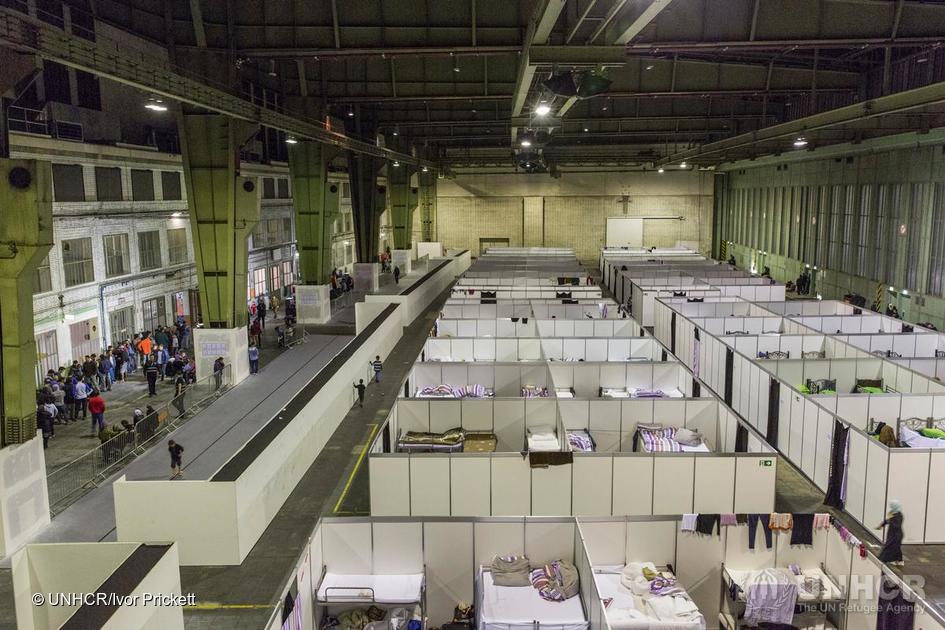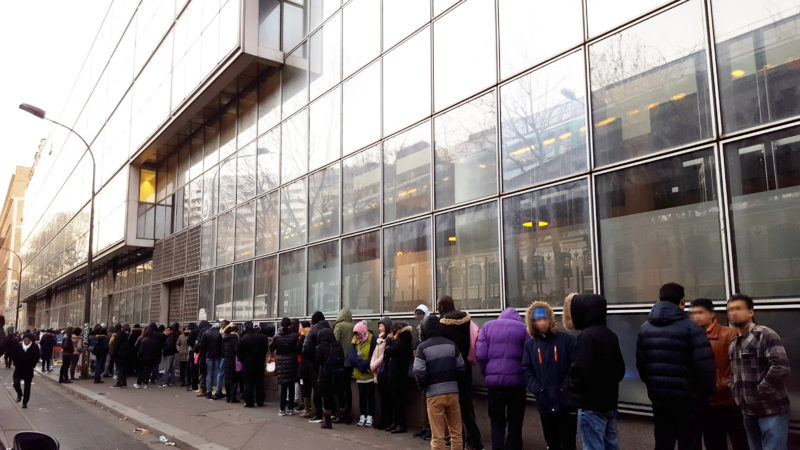Integration
News
The integration in the EU, the responsibility of the refugee or the host country?
A Syrian refugee living in Germany, Shaza Al Rihawi is deeply involved in the promotion of human rights. She is a member of several refugee rights organizations and is also working on a research project that seeks to analyze the process of integration of young migrants within the education system and society in Germany. She shares with us her views on public policies for the integration of migrants and refugees and the main challenges they face in the EU, especially women.
+
News
"Employment is one of the areas where there has been considerable progress in a number of countries"
Led by the Polish Institute of Public Affairs and coordinated by the Migration Policy Group, the "National Integration Evaluation Mechanism" (NIEM) is a transnational research project aimed at promoting the integration of refugees into European societies. It consists in assessing the impact of legislative and policy developments, but also in identifying challenges and good practices in the project partner countries. France terre d'asile is in charge of the evaluation for France.
+

News
Networks of solidarity cities in order to foster a better reception for refugees in Europe
Faced directly with migration issues and with the need to find immediate and effective solutions, European cities have gradually chosen to join national and European solidarity networks. Those networks help them design local public policies as well as influence national and European political agendas.
+

News
"Border towns": the challenge of reception at Europe's internal and external borders
Lesvos, Calais, Melilla and Lampedusa are all municipalities which, as the European Union is being built and its asylum and immigration policy is being transformed, have become symbols of the Union's borders. Vues d'Europe looks back at the role that these "border cities" have played and the challenges they face with the increase in arrivals of migrant population, and with the organization of their reception and integration.
+
News
“Integration takes place in the concrete, not in the abstract of national political discussions”
For twenty years, and even more since 2015, EU Member States have struggled to reach a real agreement on a Common European Asylum System, with the lack of solidarity between national governments mainly hindering the revision of the Dublin Regulation. Looking at this challenge, cities are taking on an increasingly important role, particularly for the integration of refugees, in cooperation with civil society and private actors.
+
News
« Mayors have become 'models of resistance' because we had to, and we are actually proud of it »
Magid Magid was elected Lord Mayor of Sheffield in 2018 and has been Green MEP since last European elections in May 2019. He regularly voices his support for the welcoming of refugees and migrants in Europe and is now member of the Committee on Civil Liberties, Justice and Home Affairs in the European Parliament, which is leading the debate on migration issues.
+
News
What has a decade of migration projects taught us about integration in cities?
With rising challenges in terms of reception and integration at the local level, an increasing number of city networks are developing dedicated projects and new ones are being created to show solidarity towards migrants and refugees. EUROCITIES, a network of over 140 European major cities created in 1986, has made migration one of its main areas of work.
+

News
Should the rest of Europe adopt the German asylum model?
Following the surge in arrivals in 2015 and 2016, debates over asylum, migration and integration have been characterised by tougher asylum rules and accelerated expulsions, increased concerns about integrating people “who have a good chance of staying” and the goal of recruiting skilled personnel.
+
News
Differential treatment of asylum seekers by category: discrimination or rationalisation?
In recent years, there has been focus on the poor reception conditions for those arriving in the European Union to seek protection. Indeed, some have described “the refugee crisis” as a “reception crisis” in part because one of the factors leading a challenging but manageable situation to become a crisis was the poor reception conditions in the countries of first arrival which then led to onward movement.
+

News
Pre-reception systems: asylum seekers face additional complications
While access to asylum was generally handled directly by the authorities tasked with handling application registration and assessment, in 2014 and 2015 various European countries implemented pre-reception systems to cope with the surge in asylum applications.
+
News
The recast of the Reception Conditions Directive about to be adopted
On June 14th, after several months of negotiations, the European Council and Parliament reached an informal consensus agreement on the new recast of the Reception Conditions Directive.
+
